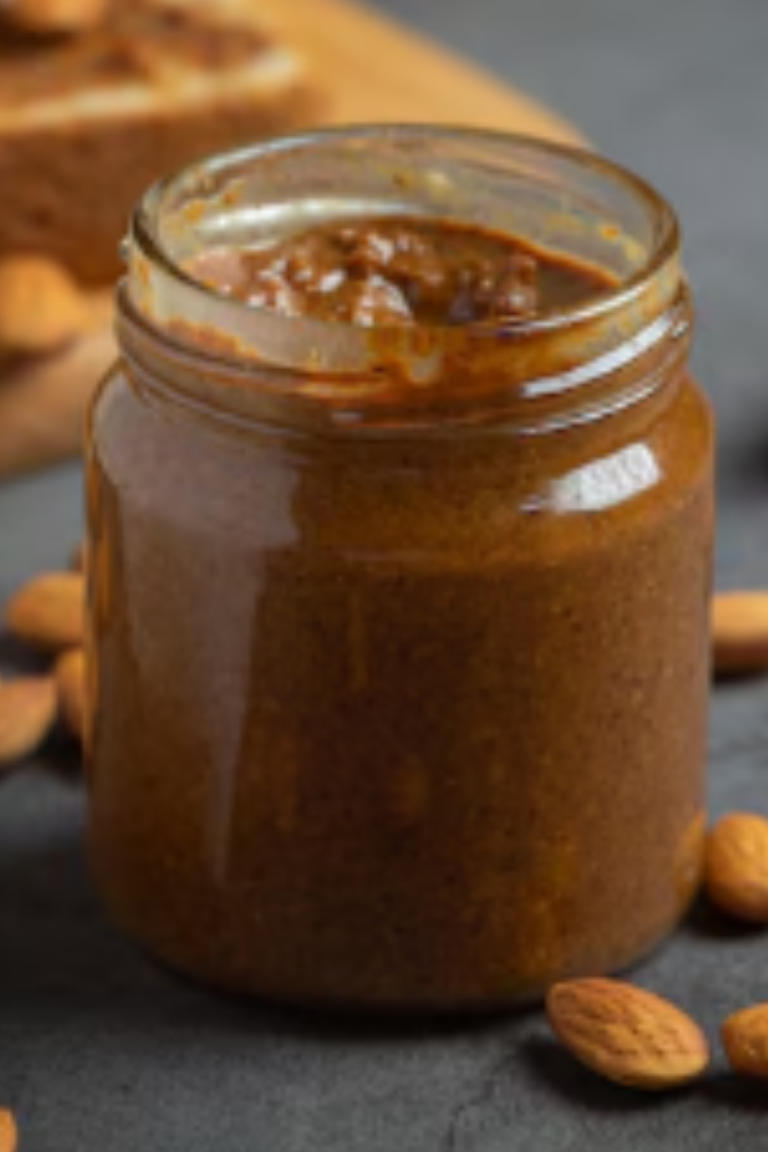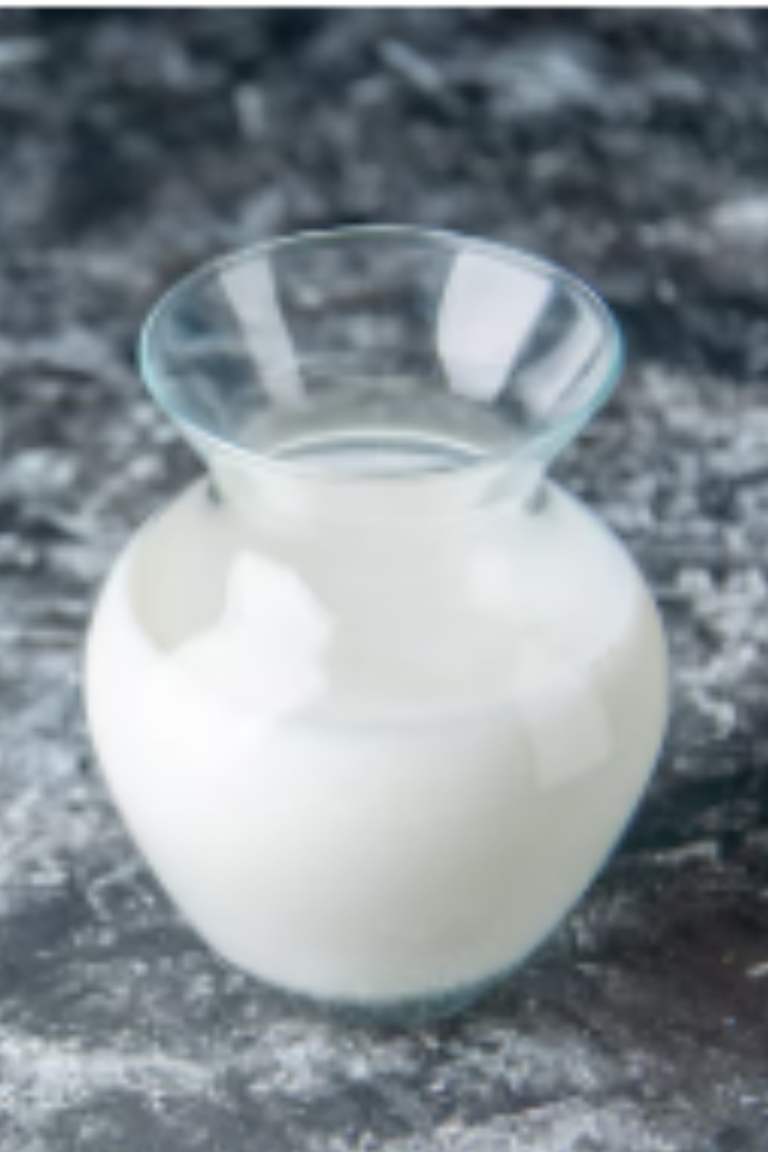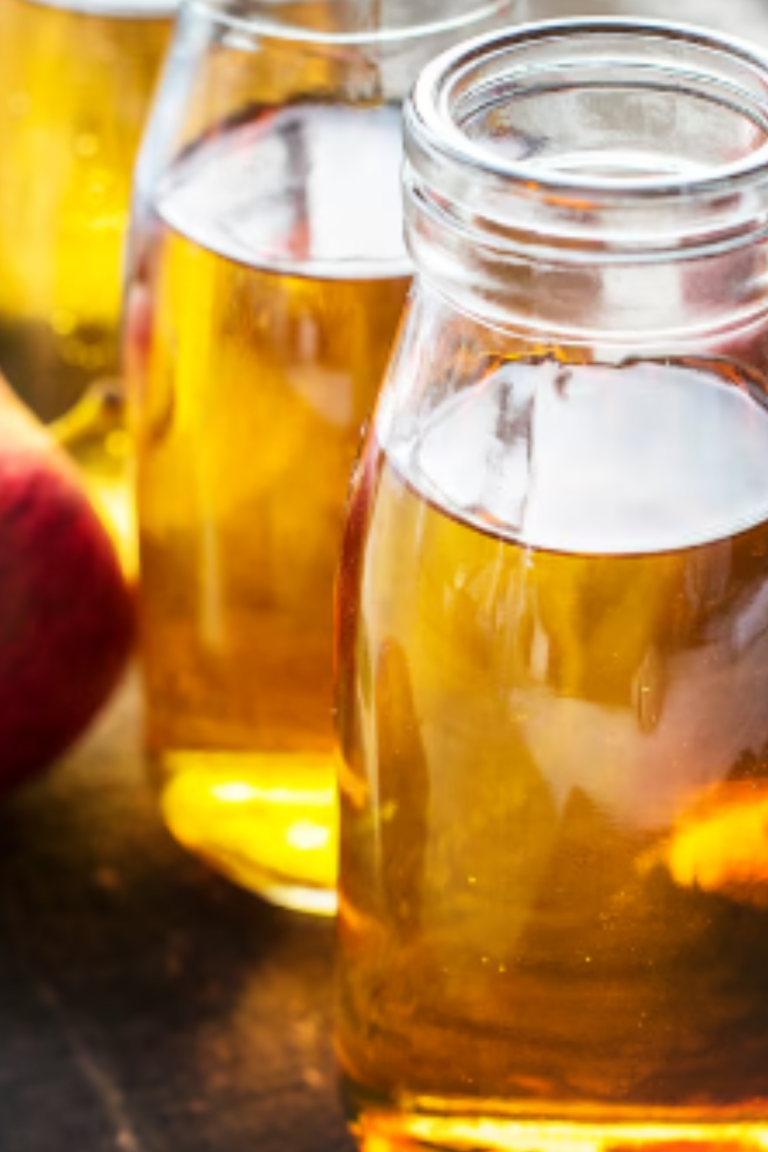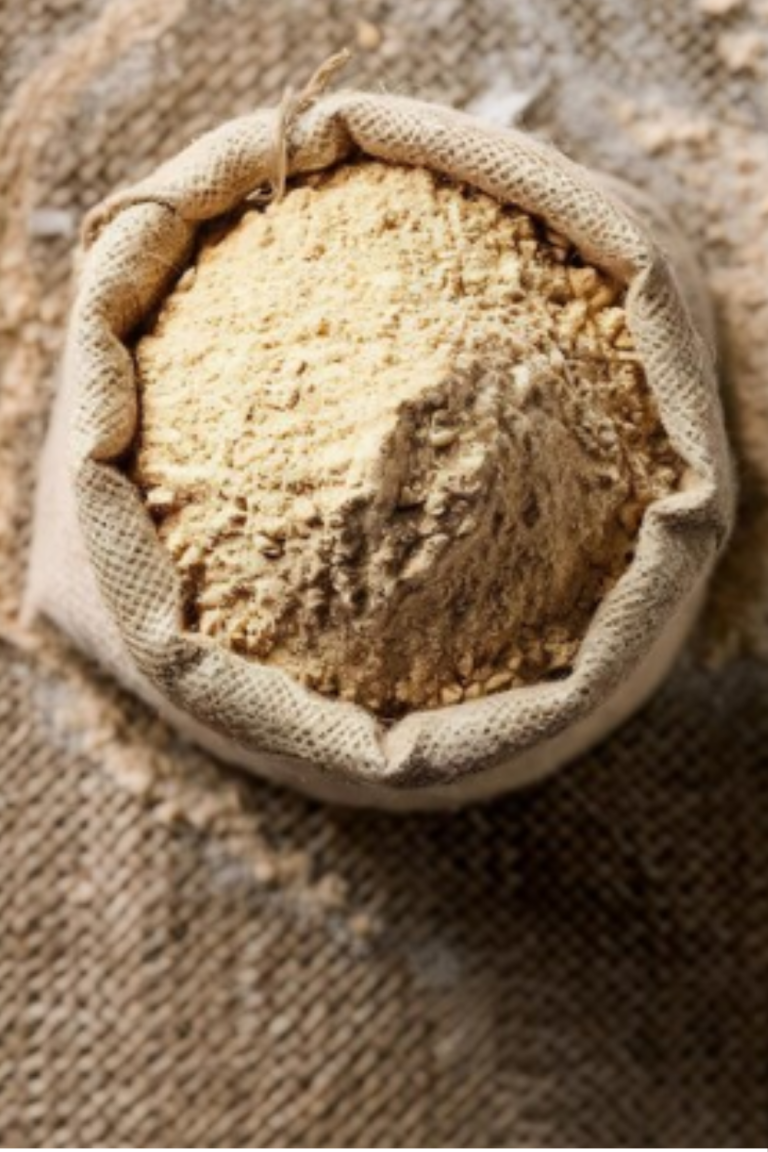APR: Apricot Nectar role in cakes Clarified
Table of Contents
ToggleWhat is Apricot Nectar?
Apricot nectar is a sweet, slightly tangy liquid made from pureed apricots mixed with water and sometimes sweetened with sugar. It’s thicker than juice but not as dense as puree, striking a perfect balance. This versatile ingredient is packed with flavor and nutrients, making it a favorite in both cooking and baking. Check out the right Apricot Nectar, cake tools, and ingredients that you need here.

The Role of Apricot Nectar in Cakes
Adding apricot nectar to your cake recipes can significantly enhance both the taste and texture. Here’s how:
Moisture and Texture
One of the key benefits of using apricot nectar in cakes is the moisture it adds. Cakes can sometimes turn out dry, but apricot nectar helps keep them moist and tender. The natural sugars and fruit fibers in the nectar contribute to a soft crumb and a pleasant, melt-in-your-mouth feel.
Flavor Boost
Apricot nectar infuses cakes with a subtle, fruity flavor that’s both sweet and slightly tart. This can elevate a simple vanilla or white cake, giving it a unique and sophisticated taste. It’s especially wonderful in summer-themed desserts, adding a refreshing twist. Check out the right Apricot Nectar, cake tools, and ingredients that you need here.
Natural Sweetness
Using apricot nectar allows you to reduce the amount of refined sugar in your recipe. The natural sugars in the nectar provide sweetness without the need for excessive added sugar, making your cake a bit healthier without compromising on taste.
Complementary Pairings
Apricot nectar pairs beautifully with a variety of other flavors. It works well with spices like cinnamon and nutmeg, and complements ingredients such as almonds, honey, and citrus. This makes it a versatile addition to many different cake recipes.
How to Use Apricot Nectar in Baking
Using apricot nectar in your cakes is straightforward. Here are a few tips to get the best results:
- Substitute for Liquid: Replace a portion of the liquid (like milk or water) in your cake recipe with apricot nectar. This can be done in a 1:1 ratio.
- Flavor Enhancer: Add a small amount of apricot nectar to your frosting or glaze for an extra layer of flavor.
- Fruit Fillings: Use apricot nectar in the filling for layered cakes or fruit compotes to enhance the overall flavor profile.
Apricot nectar is more than just a refreshing drink; it’s a secret weapon for bakers. Its ability to add moisture, natural sweetness, and a unique flavor makes it an invaluable ingredient in cake baking.
let’s drill deeper by comparing its benefits and applications with other common liquids used in cakes.
Comparing Apricot Nectar with Other Liquids
Apricot Nectar vs. Orange Juice
- Flavor: Apricot nectar offers a distinct apricot flavor, while orange juice provides a citrusy tang. Depending on the recipe, apricot nectar can impart a more subtle and less acidic taste compared to orange juice.
- Sweetness: Apricot nectar tends to be sweeter naturally, reducing the need for additional sugar in recipes. Orange juice may require adjustments to the sugar content to balance its acidity.
- Texture: Apricot nectar has a smoother texture compared to orange juice, which can sometimes contain pulp. This makes apricot nectar easier to incorporate into batters without affecting the consistency.
Apricot Nectar vs. Milk
- Moisture: Both apricot nectar and milk contribute moisture to cakes, but apricot nectar adds a fruity dimension that milk lacks.
- Flavor Enhancement: Apricot nectar adds a distinct flavor profile, while milk provides richness and a neutral base. Choosing between them depends on whether you prefer a fruity or more traditional taste in your cakes.
- Nutritional Value: Apricot nectar contains vitamins and minerals from apricots, whereas milk provides calcium and protein. The choice may be influenced by dietary preferences or nutritional considerations. Check out the right Apricot Nectar, cake tools, and ingredients that you need here.
Apricot Nectar vs. Water
- Flavor and Moisture: Apricot nectar enhances flavor and adds moisture, whereas water simply provides hydration to the batter. Using apricot nectar can elevate the taste and texture of your cakes compared to using plain water.
- Complexity: Water is neutral in flavor, while apricot nectar introduces complexity with its fruity notes. This makes apricot nectar a more flavorful choice for cakes where you want to enhance taste without overpowering other ingredients.
apricot nectar stands out in cake baking for its unique flavor, moisture-enhancing properties, and natural sweetness. While other liquids like orange juice, milk, and water have their own benefits, apricot nectar offers a distinctive taste that can elevate your cakes to a new level of deliciousness. Whether you’re looking to experiment with new flavors or enhance classic recipes, apricot nectar is a versatile and flavorful addition to your baking arsenal. Check out the right Apricot Nectar, cake tools, and ingredients that you need here.
comparison tabular
apricot nectar with other common liquids used in baking (orange juice, milk, and water) into a tabular format, highlighting key considerations for each:
| Aspect | Apricot Nectar | Orange Juice | Milk | Water |
|---|---|---|---|---|
| Flavor | Distinct apricot flavor | Citrusy, tangy | Mild and neutral | Neutral |
| Sweetness | Naturally sweet | Naturally sweet | Mildly sweet | Neutral |
| Texture | Smooth, no pulp | May contain pulp | Creamy | N/A |
| Moisture | Adds moisture | Adds moisture | Adds moisture | Adds moisture |
| Acidity | Low acidity | High acidity | Low acidity | N/A |
| Nutritional Content | Vitamins and minerals from apricots | Vitamins and minerals from oranges | Calcium, protein | N/A |
| Usage | Enhances fruity flavors | Adds citrusy tang | Adds richness | Basic hydration |
| Suitability | Versatile, works well in various recipes | Best for citrus-based recipes | Enhances richness in desserts | Basic baking needs |
| Adjustments Needed | May reduce additional sugar needed | May require sugar adjustment | Adjust sugar for taste | N/A |
Key Considerations:
- Flavor and Taste: Apricot nectar provides a distinct fruity flavor, while orange juice adds citrusy tang. Milk offers a creamy base, and water is neutral.
- Sweetness: Apricot nectar and orange juice are naturally sweet, reducing the need for added sugar compared to milk and water.
- Texture: Apricot nectar and milk add smoothness, while orange juice may contain pulp, and water provides basic hydration.
- Moisture: All options add moisture to cakes, but apricot nectar and milk may contribute additional flavors.
- Nutritional Value: Apricot nectar and orange juice offer vitamins and minerals, while milk provides calcium and protein. Water has no nutritional content.
- Usage: Choose based on the desired flavor profile; apricot nectar is versatile, orange juice is best for citrusy dishes, milk for richness, and water for basic needs.
- Adjustments: Consider adjusting sugar levels based on the sweetness and acidity of the chosen liquid.
This comparison helps in understanding how each liquid can impact the flavor, texture, and overall quality of baked goods, allowing for informed choices depending on the recipe and desired outcomes. Check out the right Apricot Nectar, cake tools, and ingredients that you need here.
FAQs on Using Apricot Nectar in Baking
1. Can I substitute apricot nectar with apricot juice in cake recipes?
Yes, you can substitute apricot nectar with apricot juice in most cases. However, be mindful that apricot juice might be more diluted or contain added sugars, which could affect the sweetness and texture of your cakes.
2. How much apricot nectar should I use in place of other liquids?
As a general guideline, you can substitute apricot nectar for other liquids like water or milk in a 1:1 ratio. Adjustments may be needed depending on the specific recipe and desired flavor intensity.
3. Does apricot nectar affect the baking time or temperature?
Apricot nectar typically doesn’t affect baking time or temperature significantly. However, since it adds moisture, your cake might bake slightly faster. Keep an eye on it towards the end of baking to avoid over-browning.
4. Can apricot nectar be used in gluten-free or vegan cake recipes?
Yes, apricot nectar can be used in gluten-free and vegan cake recipes. It adds moisture and flavor without introducing gluten or animal products, making it a versatile choice for alternative baking.
5. How long does apricot nectar last once opened?
Once opened, apricot nectar should be refrigerated and used within 7-10 days for best quality. Check the label for specific storage recommendations from the manufacturer. Check out the right Apricot Nectar, cake tools, and ingredients that you need here.
Final Words
Incorporating apricot nectar into your baking repertoire can bring a delightful twist to your cakes, enhancing both flavor and moisture. Whether you’re looking to experiment with new flavors or simply add a hint of fruity sweetness, apricot nectar offers versatility and convenience. Remember to adjust other ingredients accordingly to balance flavors and textures, and enjoy the creative process of baking with this delicious ingredient.

Hi!
I’m Mike, the creator of Forum Foodies. In my own personal experience, understanding ingredients is key to great cooking.
Forum Foodies offers guides on various ingredients, from staples to exotic finds. Join our community, share your experiences, and learn from fellow food lovers.
Have questions or suggestions? Email me at info@forumfoodies.com. Let’s embark on this delicious adventure together.
Happy cooking.
Mike/
Related Posts
- GCN: Golden Cane Nectar role in cakes Clarified
In this topic, I'm going to talk about Golden Cane Nectar (GCN) and its role…
- EBC: Elderberry Compote role in cakes Clarified
In this topic, I'm going to talk about the delightful addition of Elderberry Compote in…
- CFC: role in cakes Clarified
In this topic, I'm going to talk about coconut flour and its role in cakes,…
- DAC: role in cakes Clarified
In this topic, I'm going to talk about DAC - Date-Almond Cake in my own…
- FBC: role in cakes Clarified
In this topic, I'm going to talk about Fig Buttercream Cake (FBC) in my own…
- HBM: Honey Buttermilk role in cakes Clarified
In this topic, I'm going to talk about the role of HBM - Honey Buttermilk…
- AV: Apple Vinegar role in cakes Clarified
In this topic, I'm going to talk about the role of apple vinegar in cakes,…
- CDM: Condensed Milk role in cakes Clarified
In this topic, I'm going to talk about condensed milk and its role in cakes,…
- CMO: Caramelized Mango role in cakes Clarified
In this topic, I'm going to talk about CMO - Caramelized Mango in my own…
- DJ: Date Juice role in cakes Clarified
In this topic, I'm going to talk about date juice and its role in cakes.…
- EBC: Eggless Buttercream role in cakes Clarified
In this topic, I'm going to talk about Eggless Buttercream in my own personal experience.…
- AGF: Agave Fruit role in cakes Clarified
In this topic, I'm going to talk about the fascinating world of ingredients, particularly focusing…
- BLP: Blackberry Plum role in cakes Clarified
In this topic, I'm going to talk about the intriguing world of ingredients, specifically focusing…
- CPJ: Caramelized Pear Juice role in cakes Clarified
In this topic, I'm going to talk about CPJ - Caramelized Pear Juice in my…
- BCC: Blueberry Cheesecake role in cakes Clarified
In this topic, I'm going to talk about one of my favorite desserts: the BCC…







